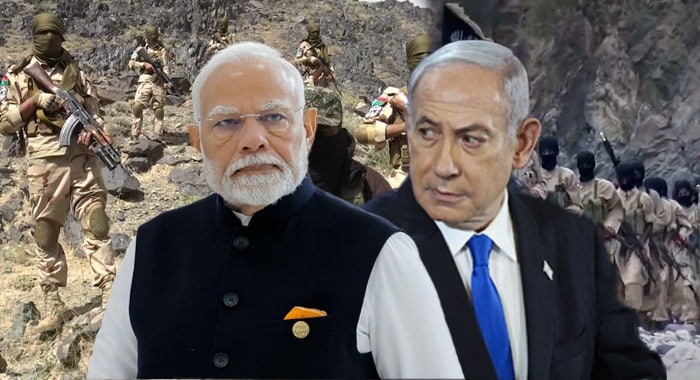A latest report by the United Nations Security Council delivers a severe blow to the narrative that the Balochistan Liberation Army (BLA) is a nationalist movement. The report presents compelling evidence that the group is entrenched in a wider terror syndicate, operating hand-in-glove with the Tehreek-e-Taliban Pakistan (TTP) and leveraging Afghan-based camps for training and indoctrination under the influence of Al-Qaeda.
The findings dismantle years of propaganda portraying BLA as a liberation force. A group that hijacks trains, massacres civilians, and shares facilities with Al-Qaeda cannot claim legitimacy as the voice of the Baloch people. Instead, the UN’s assessment validates what Pakistan has consistently argued: the BLA is a foreign-backed proxy network designed to destabilize Pakistan’s sovereignty.
Al-Qaeda’s role further underlines this reality. Once a dominant terror organization, Al-Qaeda now lacks independent strength and is clinging to separatist outfits like the BLA to project a false image of global relevance. This alliance is not a sign of organic growth, but of desperation and dependency.
The report also points to the geopolitical drivers behind this nexus. Funding pipelines, weapons supplies, and ideological scaffolding trace back to external actors, particularly India and Israel, who view unrest in Balochistan as a tool to weaken Pakistan internally and obstruct its economic rise.
In essence, the UN report strips away BLA’s façade. Far from being an indigenous struggle, it stands exposed as a mercenary front; bankrolled, armed, and ideologically shaped by hostile powers. Its partnership with Al-Qaeda cements its place not as a movement of liberation, but as a dangerous extension of international terrorism.





